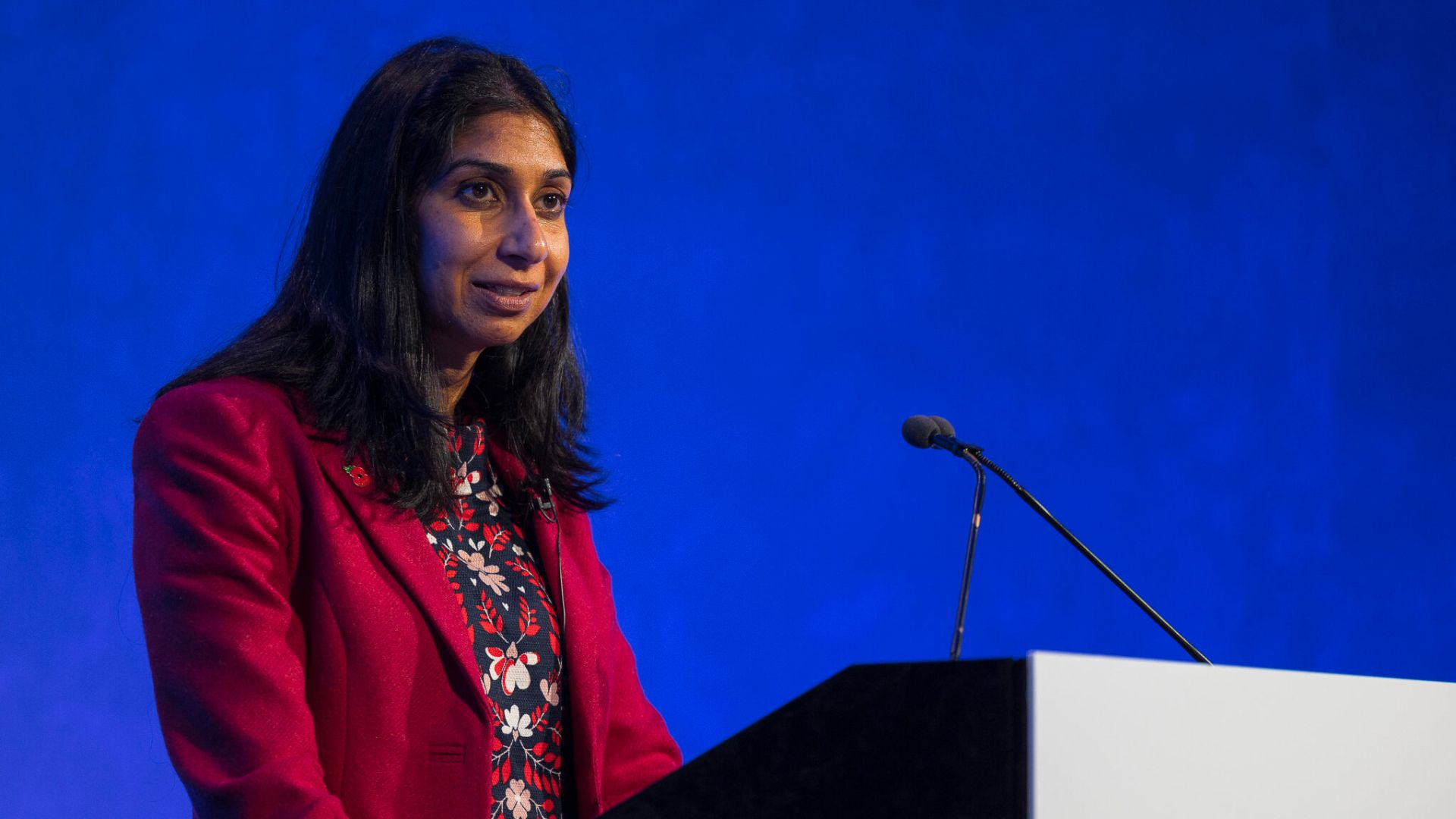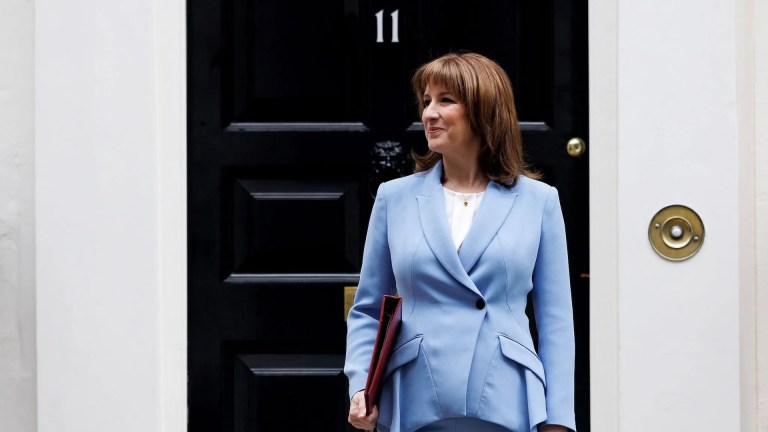“We know from our work supporting lesbian and bisexual women that they are routinely disbelieved and forced to ‘prove’ their sexuality by the Home Office,” said spokesperson Carenza Arnold.
Get the latest news and insight into how the Big Issue magazine is made by signing up for the Inside Big Issue newsletter
“For women fleeing homophobic violence, torture, and threats of death, it can be extremely difficult for them to open up about their sexuality and speak about the trauma they have been through. To then be discredited and told that they are lying can be re-traumatising.”
Some of the UK’s most famous artists have also weighed in. Sir Elton John has accused Braverman of “legitimising hate and violence”. Sir Ian McKellen said that her rhetoric was “laced with a good dollop of prejudice”.
Your support changes lives. Find out how you can help us help more people by signing up for a subscription
The home secretary’s comments – made during a whirlwind trip to Washington DC – come one day after she claimed that facing discrimination for being gay or a woman should not be enough to qualify for refugee protections under international law.
Why is it hard to prove if you’re LGBTQ+ to Suella Braverman’s Home Office?
Threatened with homophobia and legal persecution, queer people are forced to hide their identity in order to survive. But in a cruel irony, this makes it almost impossible for them to prove to the Home Office they are facing persecution. Queer asylum seekers are trapped in a vicious cycle, Duignan-Pearson explained.
“If you are a gay man from Afghanistan who, under the Taliban, would face a death sentence for same- sex sexual activity, how would you demonstrate your sexuality?” she said.
“If your boyfriend has been murdered for being gay, and you deleted every trace of him off your phone to try and save yourself, how are you supposed to show evidence that ‘proves’ the relationship happened?”
Onerous legal thresholds and burdens of proof are to blame for the asylum backlog, not ‘fake’ claims. More than 175,000 asylum seekers were waiting on a decision for whether they will be granted refugee status at the end of June 2023 – up 44% from last year.









